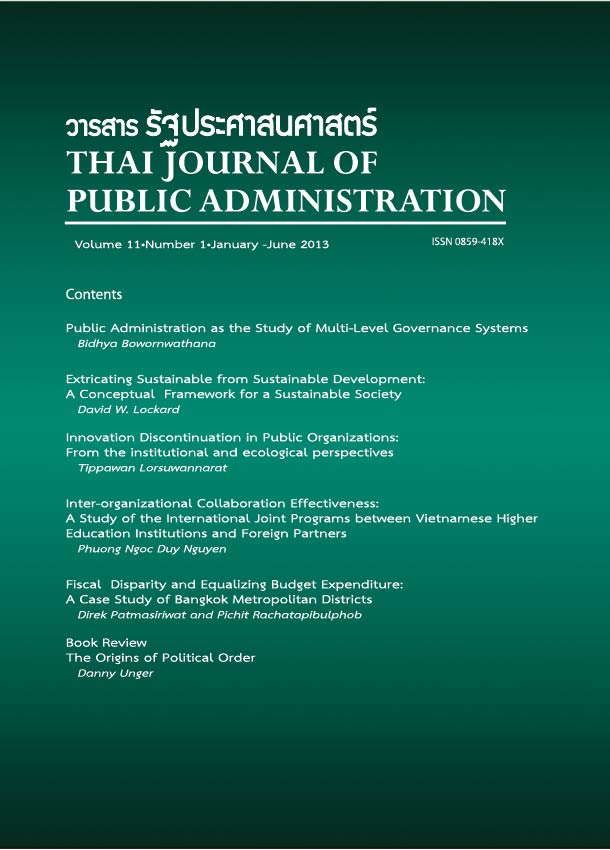Extricating Sustainable from Sustainable Development: A Conceptual Framework for a Sustainable Society
Keywords:
Sustainable Society, Sustainable Development, Cooperation, EqualityAbstract
The purpose of the paper is to develop a conceptual framework for a sustainable society. The problem with the current concept of sustainability is that it is inextricably intertwined with the growth model of sustainable development, thus limiting the concept of sustainability to developing counties and not to the OECD industrialized countries. Historically, since the dominant view is that national wealth will solve all problems, developed countries do not question their own sustainability or unsustainable externalities. This paper traces the unsustainable globalization of self-interested mercantilism, colonialism, and plantation societies that used monopoly and oligopoly power to exploit and enslave several continents as the foundation of today’s neoliberal capitalistic exploitation of the natural environment and of human resources. The thesis of this paper is that a sustainable society is based on two dimensions of cooperation and equality whereas an unsustainable society is based on power and self-interest. The value of this paradigm is that it challenges the dominant Anglo Saxon view that self-interested greed is good and that inequality is a prerequisite to creating a better society. A better society cannot be achieved unless the society is sustainable. Perhaps it is time to question the accepted view that industrialization based on power and self-interest is sustainable.



